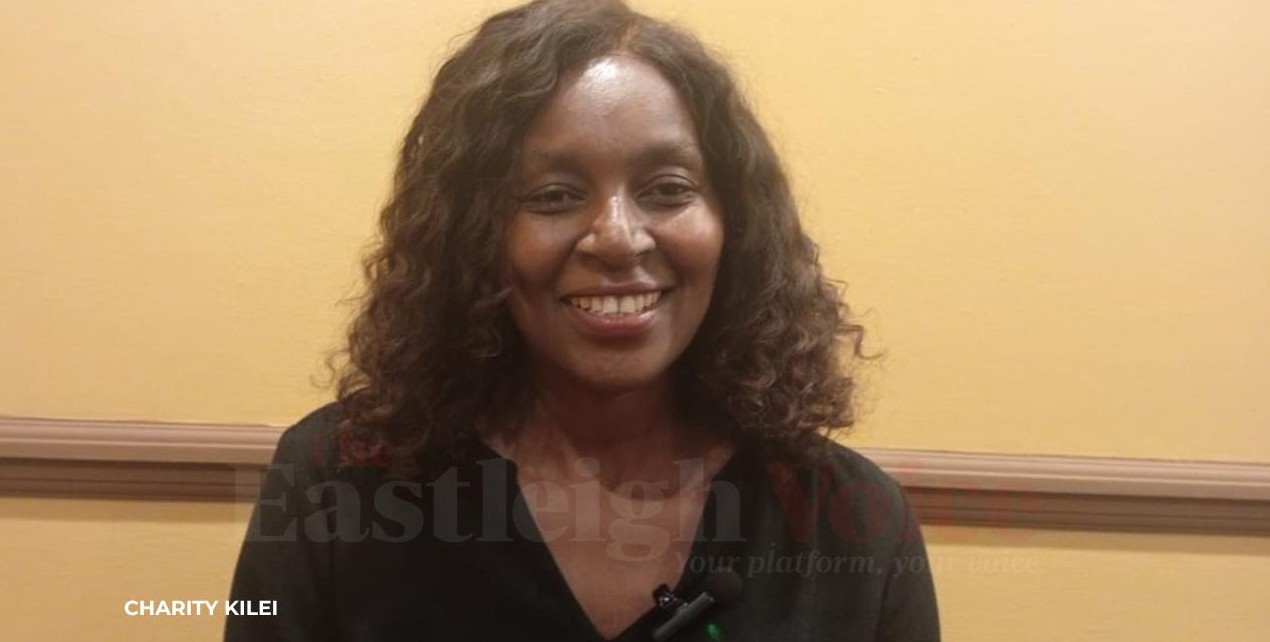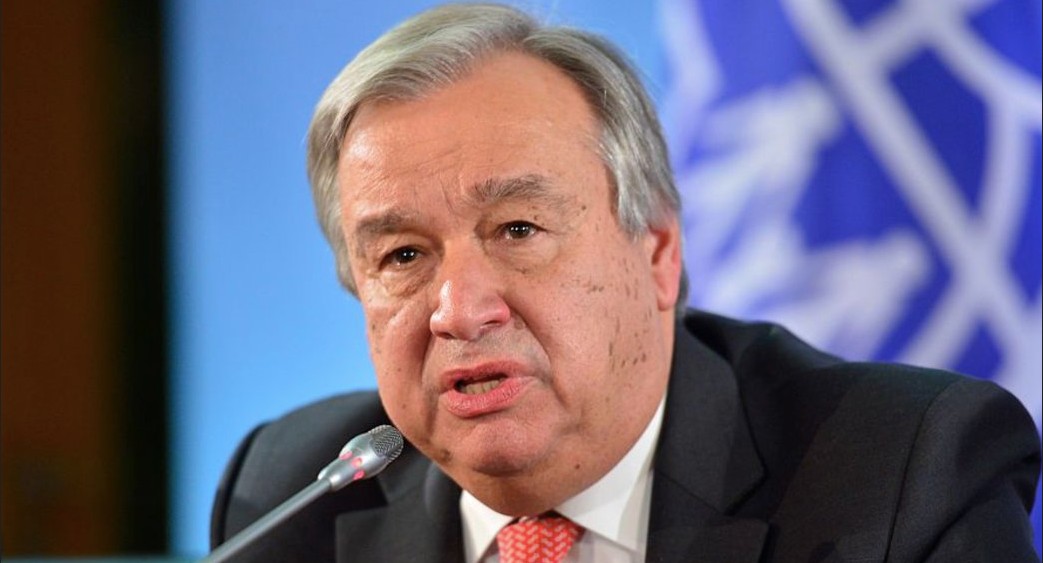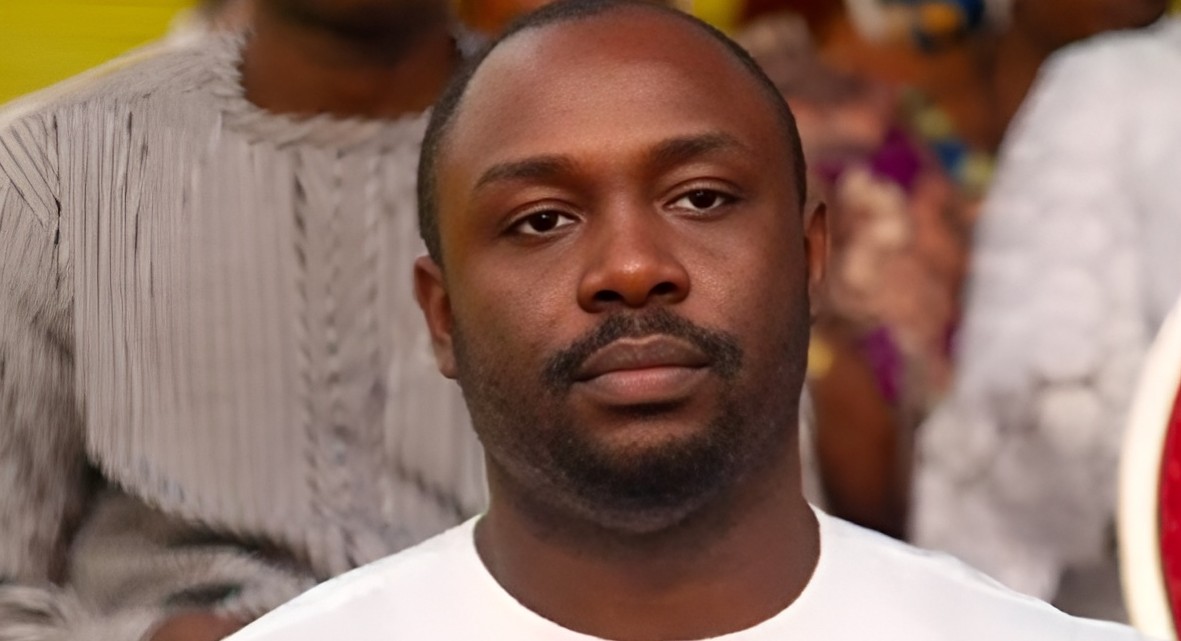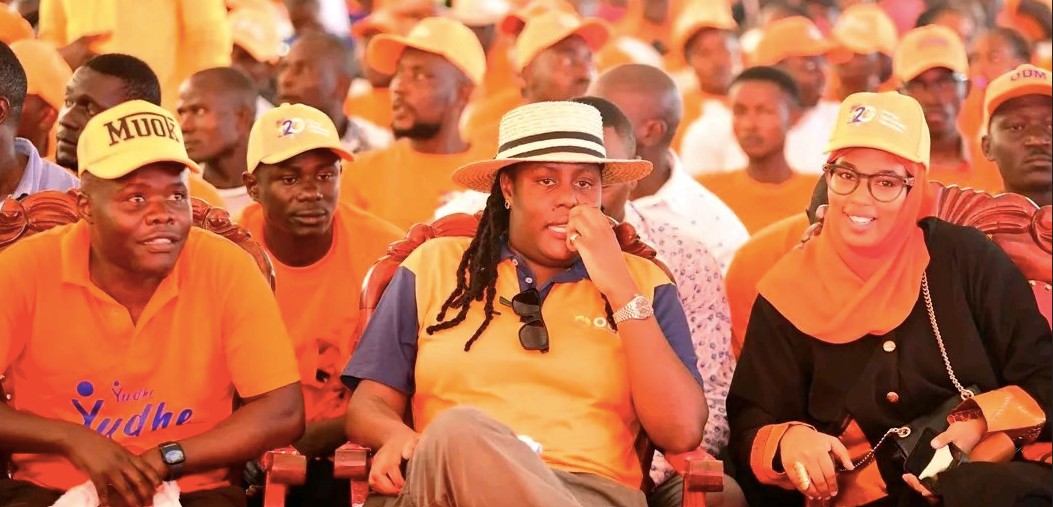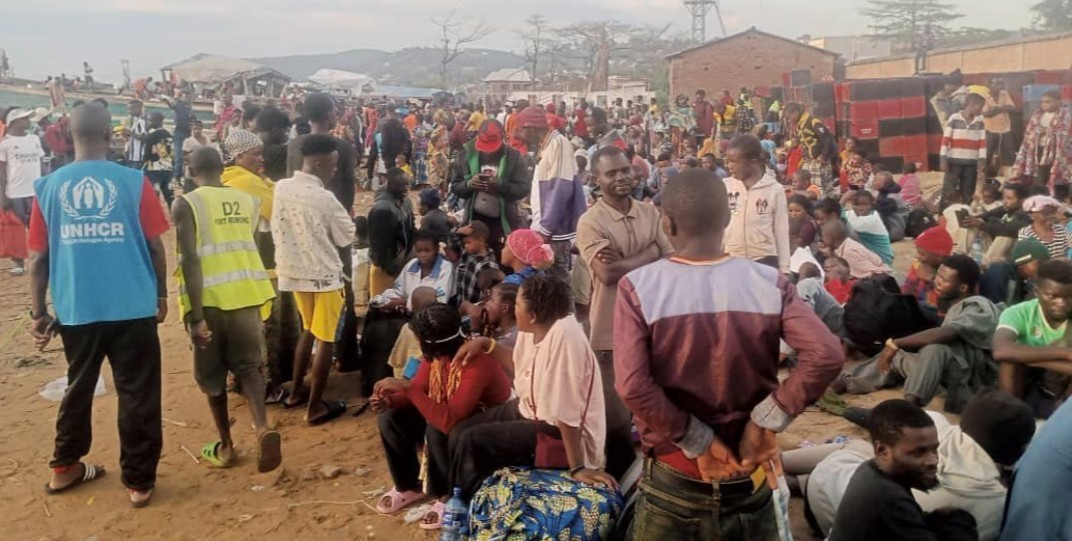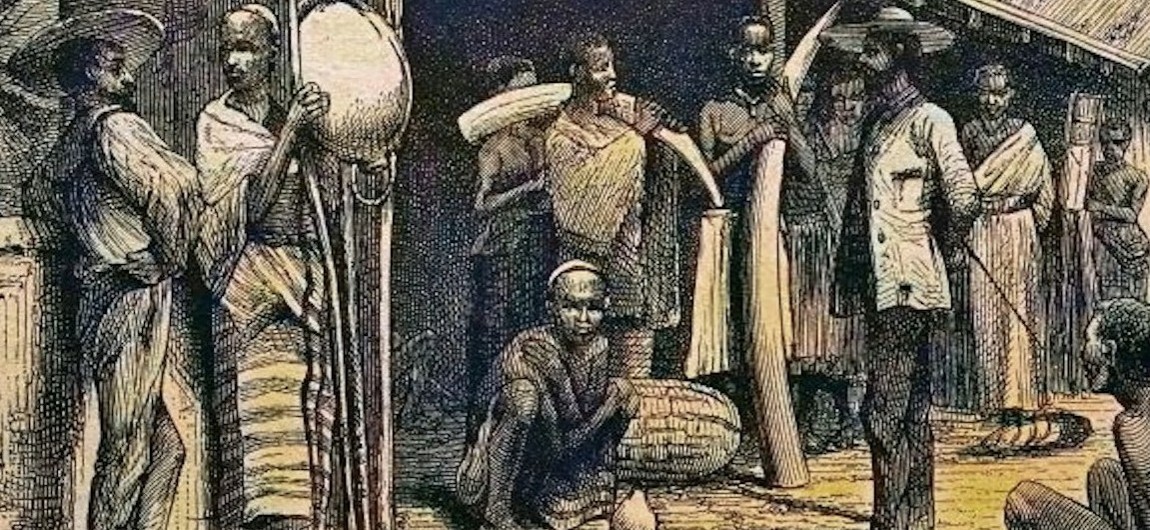Community health promoters in tireless efforts to push for polio vaccine uptake
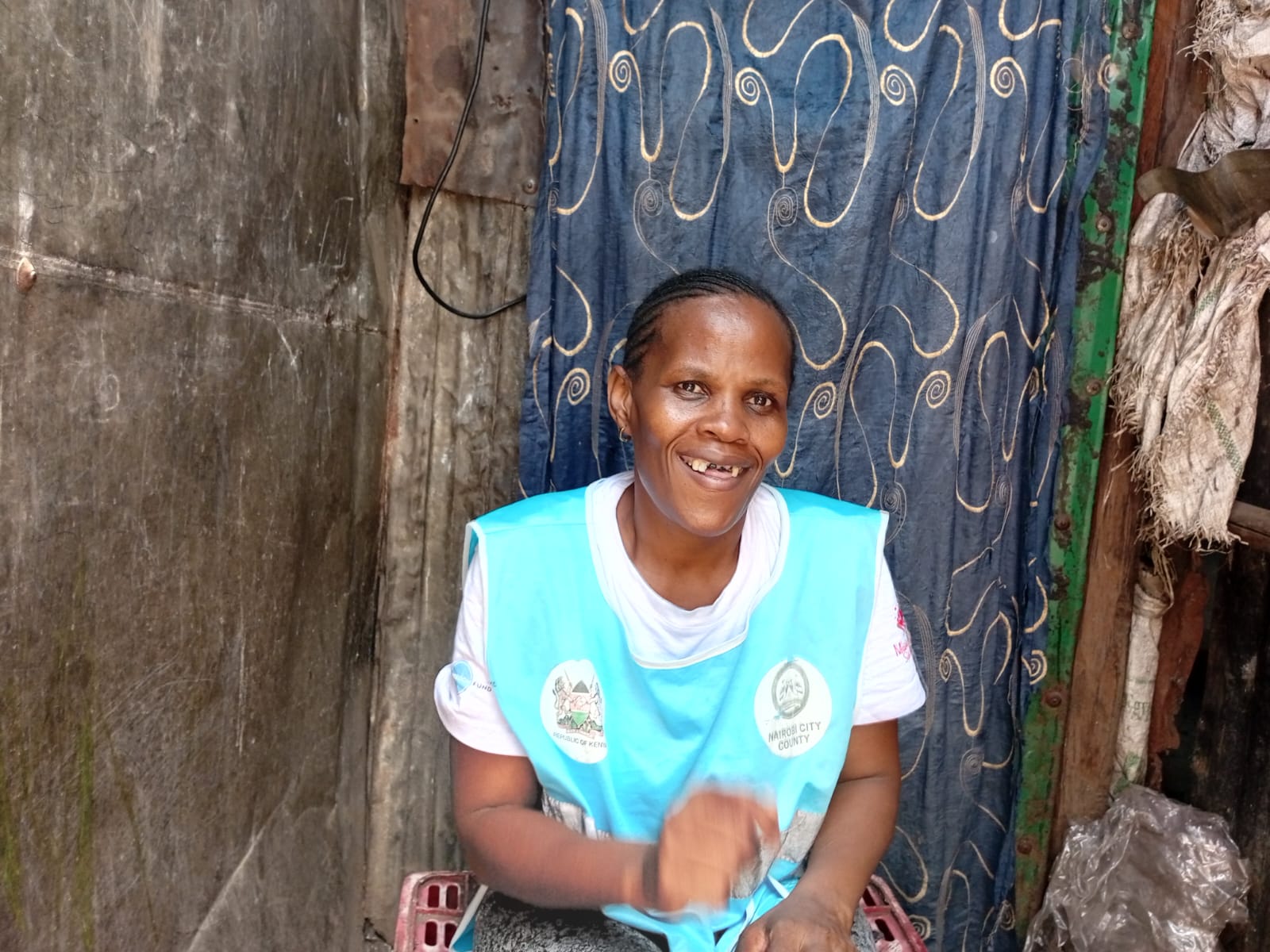
Kavita recounts instances where she and her team visit homes multiple times, only to be met with refusals to vaccinate children.
In Kenya, the polio vaccine is mandatory for all children under five years. However, many communities remain unaware or sceptical about the vaccine, which hampers effective vaccination efforts.
Polio, or poliomyelitis, is a highly contagious viral disease caused by the poliovirus. It mainly affects children under five, but anyone who isn't vaccinated can get it. The virus spreads through contaminated food and water or direct contact with an infected person.
More To Read
- Kamukunji rallies against vaccine myths as leaders take immunisation door-to-door
- Conflict, displacement fuelling measles outbreaks across the continent - Africa CDC
- Explainer: Wild vs vaccine-derived polio - why both threaten Kenya’s progress
- WHO says polio eradication still feasible despite Sh219 billion funding cuts
- Kenya launches new polio lab to boost regional virus surveillance
- MoH says Kenya fully stocked on vaccines as Sh4.9 billion allocation secures future supply
Francisca Kavita, a community health promoter in Nairobi’s Kamukunji Constituency, tirelessly advocates for polio vaccinations, emphasising the risks unvaccinated children pose to the community.
Despite her dedication, she faces significant challenges due to deep-rooted misconceptions and fears surrounding the vaccine, which hinder both her efforts and those of her fellow health promoters.
"When we administer vaccines, we meet people from various backgrounds. Some have never experienced compulsory vaccinations, which makes them suspicious of something unfamiliar."
Kavita recounts instances where she and her team visit homes multiple times, only to be met with refusals to vaccinate children. In such cases, they often have to involve local authorities, such as chiefs and community leaders, to help persuade families.
She also notes that some migrants are so fearful of visiting hospitals that they worry about deportation, making them hesitant to vaccinate their children.
"I've met parents whose children have never received even the initial vaccines given at birth, driven by suspicion or the belief that vaccines are harmful. With many unvaccinated children, the community remains at risk. Awareness is crucial in Kamukunji, especially given the diverse nationalities represented here. Many people distrust vaccines and consider them dangerous," Kavita tells The Eastleigh Voice.
She says that in Kamukunji, she has not encountered cases of serious side effects but emphasises the importance of honesty from parents about their children's health conditions.
"When a health promoter asks if the child has any conditions, it's vital to be truthful. If a child is sick, the vaccine might worsen their condition. Side effects like fever are normal, just as with other vaccines."
Immunisation campaign
Following the nationwide polio immunisation campaign this month, the Ministry of Health has reported 19 cases of adverse reactions. While the campaign aimed to protect millions of children across the country, these incidents have raised some concerns.
Director General for Health Patrick Amoth confirmed the reports.
"Adverse reactions are normal and should never deter parents from having their children immunised," he said.
He emphasised the ongoing threat of vaccine-preventable diseases, noting that many children continue to die from pneumonia and diarrhoea, which can be prevented through vaccination.
The Ministry of Health has urged parents to promptly report any reactions their children experience following the recent completion of phase one of the campaign, during which 3.6 million children were vaccinated.
As the world observes World Polio Day on October 24, Kenya has made significant progress in eradicating polio, having been declared polio-free in 2014. Nonetheless, challenges persist, particularly with the influx of unvaccinated individuals from different regions contributing to a resurgence of the virus.
In October 2024, the Ministry of Health launched several vaccination initiatives, successfully reaching 3.6 million children out of a targeted 3.8 million during this campaign.
Ruth Munyi, president-elect of the Rotary International, Thika branch, points out that cultural and religious barriers remain significant obstacles to fully eradicating polio, especially in underserved communities that may not fully understand the impact of unvaccinated children. She emphasises that one case of polio can lead to an outbreak.
"The polio vaccines are generally safe and have been approved by the World Health Organisation, UNICEF, and the government. It's crucial to raise awareness," she says.
Mass education
Munyi says that polio interferes not only with the immune system but also endangers the lives of other children in the community, stressing the need for mass education and community mobilisation.
"We strive to educate and mobilise different communities, using language that resonates with them," she says.
Through their PolioPlus Fund and partnerships with other stakeholders, Rotary International, along with a team of global volunteers, continues to advocate for the polio vaccine.
"Over the past 35 years, we've achieved significant milestones with our team of volunteers. We encourage parents and the community to embrace the vaccine and ensure no child is left behind."
Njeri Burugu, Sustainability Director at Rotary International, Thika, notes that Rotary has been at the forefront of combating polio in partnership with the government. She acknowledges the various challenges that persist, including accessibility to remote areas, misinformation, and superstitions that hinder progress.
"We are working closely with community leaders to ensure no child is left behind. In densely populated areas, poor sanitation can trigger outbreaks, as the virus spreads through faecal matter," she explains.
She urges people not to avoid vaccination due to concerns about side effects, which can occur with any vaccine.
"While some may experience mild effects, the vaccines have been approved by the World Health Organisation," she says.
"It's important to consider that out of the billion children vaccinated, only 19 cases of polio have been recorded, while the vast majority have faced no challenges. These vaccines have been rigorously tested and deemed safe,” says Burugu.
Through their efforts, Rotary International has helped reduce polio by 99.9 percent in over 122 countries, ensuring the vaccine reaches the most vulnerable populations.
"We are grateful to all our partners and volunteers for their continued support in maintaining a polio-free status," Burugu says.
The Ministry of Health launched the polio vaccination campaign on October 2, running until October 6, in response to a recent outbreak of circulating Vaccine-Derived Poliovirus Type 2 (cVDPV2) in the country.
This year, five cases of polio have been confirmed, including four children from Kakuma Refugee Camp in Turkana County and one positive environmental surveillance sample from Kamukunji Sub-County in Nairobi. The vaccination campaign aimed to reach over 3.8 million children under the age of five across nine high-risk counties of Nairobi, Busia, Bungoma, Turkana, Trans Nzoia, West Pokot, Kiambu, Machakos, and Kajiado.
Top Stories Today
